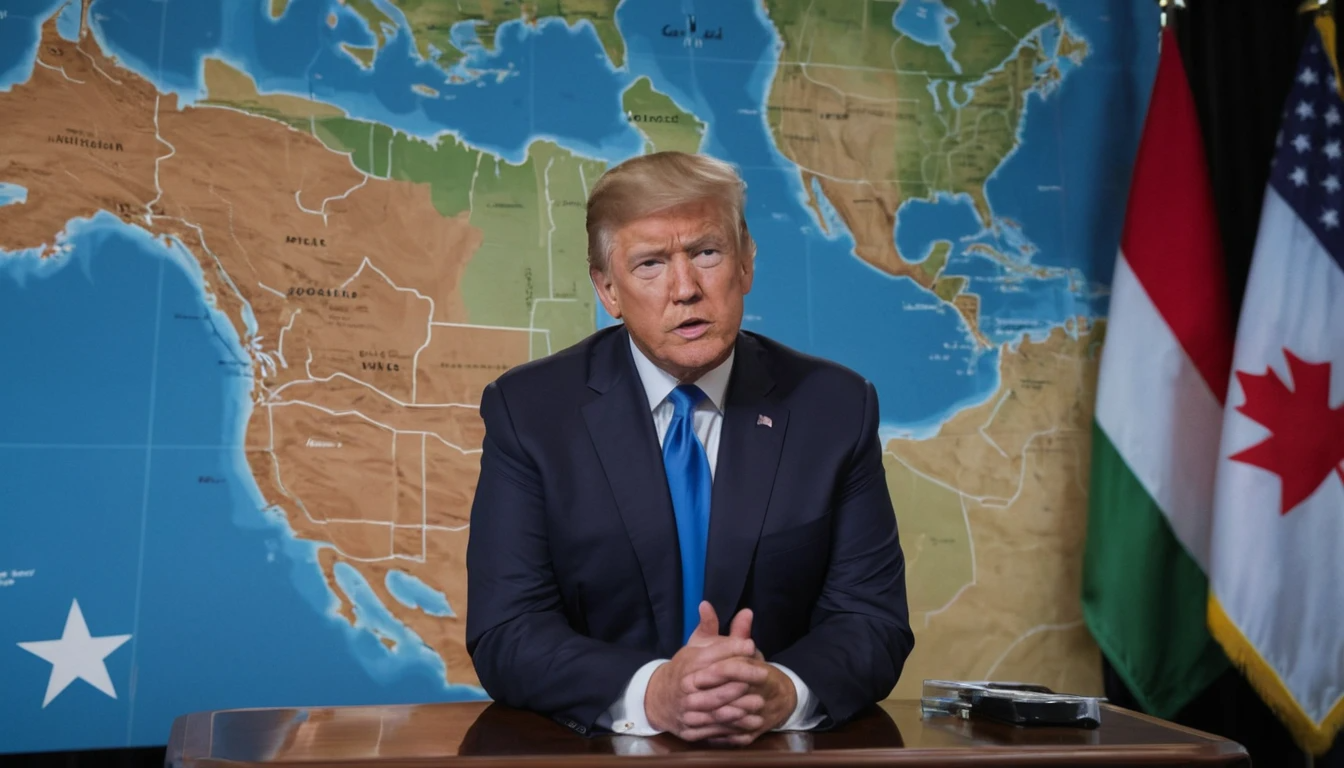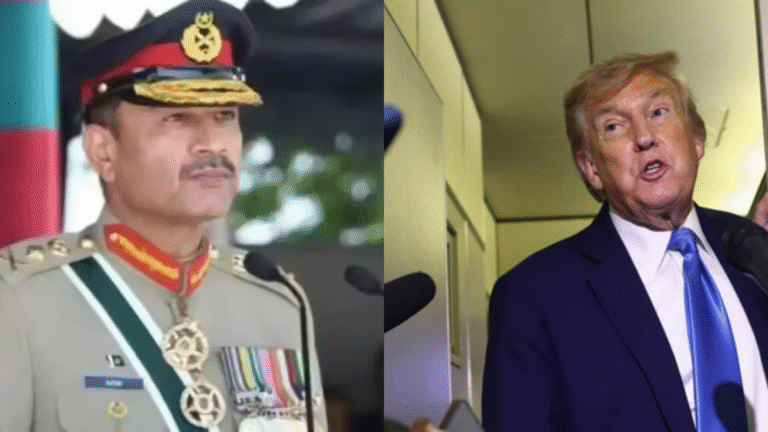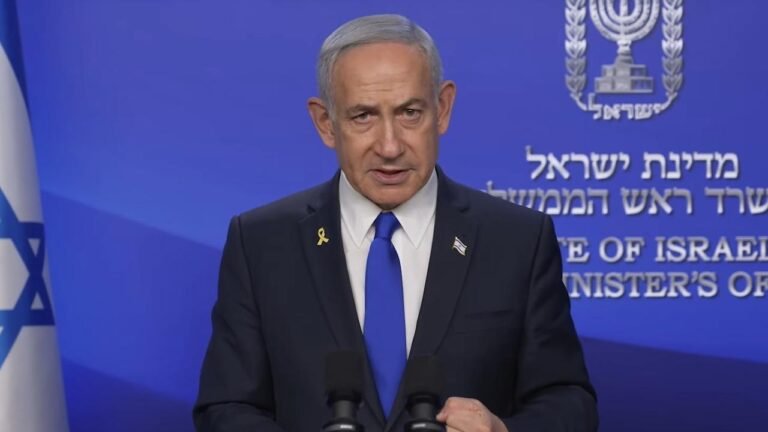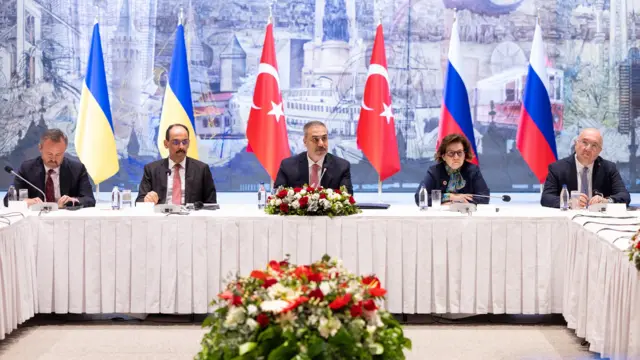
Washington, D.C. February 9, 2025: In a recent interview aboard Air Force One en route to the Super Bowl, US President Donald Trump reiterated his controversial plans for global reorganization, highlighting his intentions for Gaza and his firm stance on annexing Canada.
Trump describing Gaza as “a big real estate site” gave insight into his vision for the war-torn area. He said that the US could ‘take control’ of Gaza and manage the area to a point where Hamas would not be able to return. “We’re committed to owning it, taking it, and making sure that Hamas doesn’t move back. There’s nothing to move back into. The place is a demolition site. The remainder will be demolished,” Trump said while mentioning how he intends to ‘take control’ of the land.
He added that, while the U.S. might not directly rebuild Gaza, Arab nations would help in reconstructing parts of the region. This reconstruction, however, would take place under U.S. oversight, signaling a unique and authoritative approach to the situation. Trump also suggested that Palestinians would no longer wish to return to Gaza if alternative, safer areas were provided for them. “They don’t want to return to Gaza. If we could give them a home in a safer area, the only reason they’re talking about returning is they don’t have an alternative,” he said. These remarks sparked outrage from many, especially Hamas, who rejected the notion of Gaza as property to be bought and sold.
Israeli Prime Minister Benjamin Netanyahu was quick to praise Trump’s plan, calling it “revolutionary” and asserting that it could reshape the future of the Middle East in Israel’s favor. However, the proposal has been met with strong backlash from Arab nations. Saudi Arabia, Qatar, and Egypt condemned the idea, with Egypt scheduling an emergency summit for late February to discuss the “new and dangerous developments.”
Meanwhile, Trump’s comments on Gaza were accompanied by his continued emphasis on a unique and unexpected geopolitical idea—Canada’s potential annexation as the 51st U.S. state. In the Super Bowl pre-show interview, Trump boldly stated, “I think Canada would be much better off being the 51st state because we lose $200 billion a year with Canada. And I’m not going to let that happen.” Trump criticized the U.S.’s trade deficit with Canada, which amounted to $72 billion in 2023, primarily driven by imports of Canadian energy. He suggested that merging with Canada would alleviate this trade imbalance.
While Trump framed this as a matter of national interest, Canadian leaders responded with caution. Prime Minister Justin Trudeau acknowledged that Trump’s interest was real, particularly given Canada’s rich mineral resources essential for electric vehicles and clean energy. Despite this, a recent Ipsos poll revealed that 80% of Canadians oppose the idea of becoming part of the United States, with Canadian officials emphasizing the deep interdependence between the two nations’ economies.
Trump’s remarks regarding Canada align with his previous proposals to impose tariffs on Canadian imports, a tactic he has employed to gain leverage over trade. As the 30-day pause on tariffs nears its end, Trudeau has warned of potential economic retaliation and emphasized Canada’s readiness to respond robustly to U.S. pressures.
Simultaneously, Trump’s national security adviser, Mike Waltz, framed Trump’s bold proposals as efforts to bring broader regional stability, urging other leaders to come forward with alternative solutions if they disagree with his vision.
As tensions rise in the Middle East and North America alike, Trump’s interview underscored his commitment to reshaping geopolitical landscapes through bold, unconventional strategies.
For more updates keep reading Questiqa.com, Questiqa.us. and Questiqa.in




